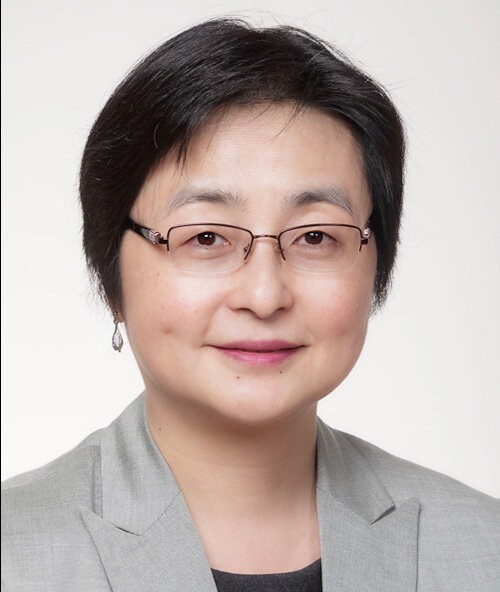Grace: What is one fun fact about your team?
Dr. Han: We enjoy doing research together and the therapy is a byproduct! As a microbiologist, we were able to use the bacteria as a “bait”, to fish out a novel oncotarget, which was unexpected and was a lot of fun. It also shows that when you approach a “common” (cancer) problem from an “uncommon” perspective, you get unexpected results, which makes the research very fulfilling and worthwhile.
Grace: Why did you choose to join ACT?
Dr. Han: We were invited to join when we filed our patent application. We thought it was an interesting opportunity to learn the commercialization side of things and decided to join!
Grace: What are the biggest challenges you have faced since forming your team/startup?
Dr. Han: The biggest challenges we’ve faced were getting funding and thinking about the market potential of our therapy.
Grace: What is the biggest lesson you have learned since joining the Accelerating Cancer Therapeutics Program? What are the next steps for your company/research?
Dr. Han: Our biggest lesson was learning about how to pitch to investors. A lot of elements go into this pitch such as defining the unmet need, developing the key milestones and timelines, estimating costs and getting across the regulation and IP hurdles.
For our next steps, we hope to test our therapeutics in mice for its efficacy in reducing tumor load.
Grace: What type of support/partnership are you currently seeking?
Dr. Han: We are seeking funding, investors and collaborators

